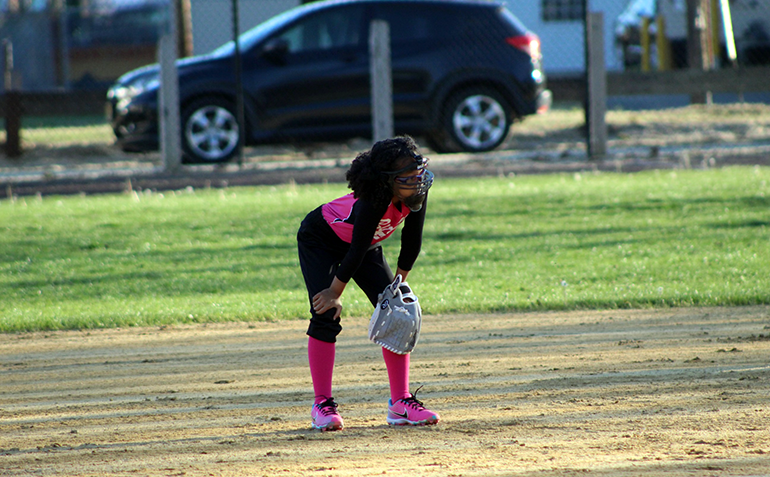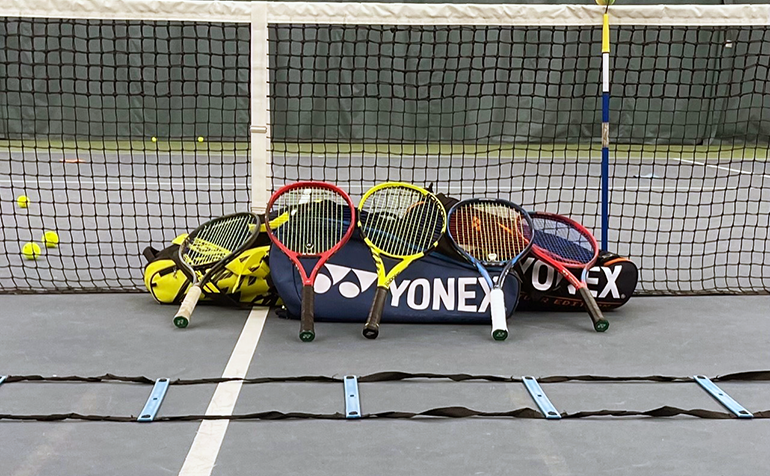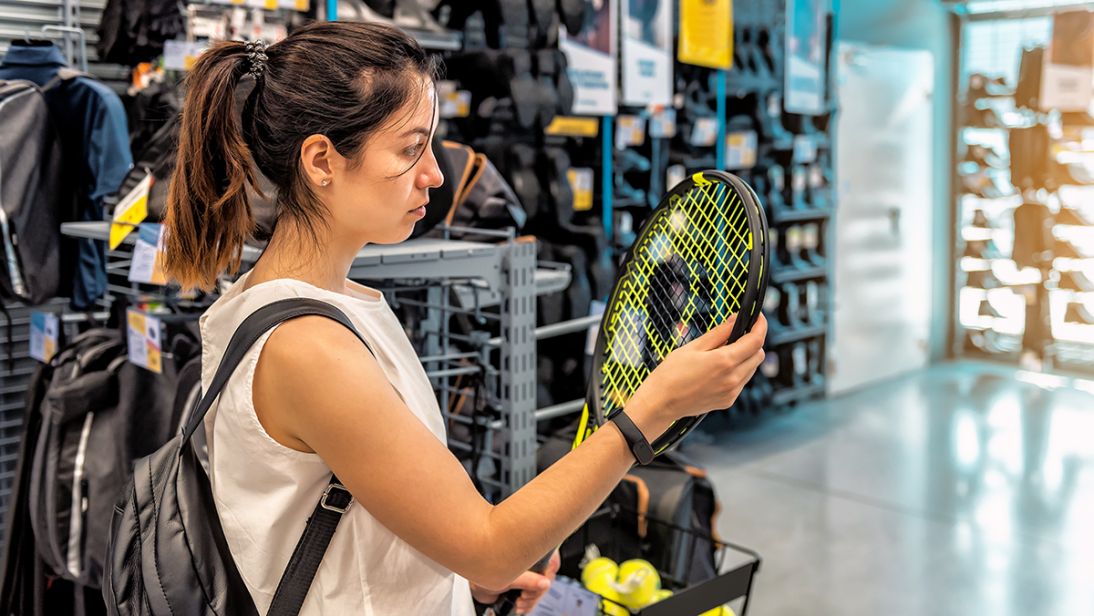It's no secret that participating in sports is a great way to stay in shape and build relationships. Unfortunately, it can also thin out your wallet quickly. Depending on your chosen pastime, buying new gear alone can cost hundreds of dollars. If you're involved in an organized league, you'll spend even more.
So what can you do to keep active without breaking the bank? Here are some tips to get what you need for a lot less.
Don't think more expensive is better
Watch just about any professional sport on TV and you'll likely to see athletes using the most expensive equipment on the market. It's only natural to correlate a higher price with better performance.

But that isn't always the case. How well you do on a golf course or hockey rink has a lot more to do with your physical ability and technique than it does the gear you're holding. True, top-rate equipment can help better players get that extra "edge" they crave, but it's a relatively small factor in the whole equation. Get something good that matches your body type and abilities, but don't think buying the best of the best is going to be a game-changer.
Buy used
The fact is, a lot of sports equipment that's been around five or 10 years is just as good as it was new. Generally, a golfer's metal clubs aren't going to create weaker drives over time, and a good lacrosse stick isn't going to be less effective at catching a ball. If you can visit a used sporting goods store or visit eBay and find something for half the price of a new one, you're typically not giving up much in the way of quality.

Of course, the key is to make sure that the equipment you're buying is in good shape. That may be more difficult to determine with some sports equipment. Tennis racquets and softball bats made from carbon fiber, for example, can sometimes develop small cracks over time. So give the equipment a thorough examination before buying. And if you're buying something online, make sure the seller has adequately described its condition, even if the item looks good in the photos.
Don't buy more than you need
A novice in a given sport may not require as much equipment as someone playing at a semi-professional level. So start slowly, only acquiring what you really need. For instance, someone just getting into golf can easily take a smaller, starter set to the driving range. And if you're jogging for the first time, you may not need a heart monitor with 20 different functions. Ask more experienced friends or family members for advice on what's truly essential for a beginner.
Take care of your gear
You won't need to shell out as much cash for new equipment if you give your existing gear some TLC. Bikers, for example, would do well to get an annual tune-up that cleans and lubricates their bike's moving parts. If you have a baseball player in your household, let their glove air dry in between uses and periodically apply some leather conditioner. Often, it doesn't take much time or effort to keep your stuff in peak form.
Shop around
Are you planning to sign up for a sports league, either for yourself or your kids? There may be several organizations that serve your area, so it's worth comparing prices. Park districts often provide some of the best rates, since their budget is typically subsidized by local tax revenue.
If there's a particular organization you plan to join, get on their email list—some will offer promo codes or early bird specials throughout the year that can save you a few bucks.

Consider public facilities
If you play sports like tennis or golf, public facilities often represent a good alternative to memberships at a private club. You may have to forgo certain amenities, like indoor courts or more upscale locker rooms. But a lot of rec departments do a perfectly competent job keeping their sites in good condition, given the heavier traffic they see.
Try to negotiate
It's easy to get sticker shock when looking at the membership price for gyms and fitness centers. But those rates aren't always set in stone. Talk to a sales representative and ask whether they're willing to take you on at a slightly lower price. They may offer tiered pricing that saves you a few dollars if you forgo certain amenities that you don't plan to use anyway.
Also, see if your employer is willing to help you foot the bill. Some corporations have benefit plans that provide corporate discounts. A healthier employee is less expensive and more productive, so they have a big incentive to keep you active outside of the office.
For more on personal finance topics
If you have more questions about other personal finance topics that matter to you, visit the Learning Center on TD Bank's website.
We hope you found this helpful. Our content is not intended to provide legal, tax, investment, or financial advice or to indicate that a particular TD Bank product or service is available or appropriate for you or your circumstances. For specific advice about your unique circumstances, consider speaking with a qualified legal or tax professional.
